Cambridge is one of the world’s leading publishers of research in classical studies, with a list that covers all aspects of enquiry into the ancient world. Our books are at the forefront of the discipline and have been recognised for their broad-ranging, thought-provoking scholarship. Our publishing spans the full range of classical enquiry and pedagogy: critical editions of ancient texts, commentaries, literary and historical analysis, classical archaeology, theoretical perspectives, reception studies, course texts, companions and source books.
Classical Studies Journals, more results, from A to Z
Explore Classical Studies journals
Explore Classical Studies books
February Monographs
New titles
-

- Book
The Subura of Rome
-

- Book
Difficult pasts
Classical Studies series
-
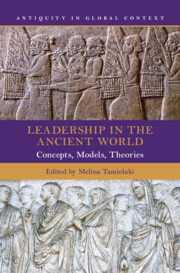
Antiquity in Global Context
- Series
-
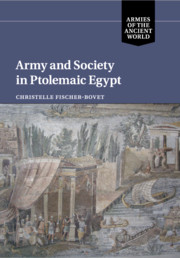
Armies of the Ancient World
- Series
-

Cambridge Classical Classics
- Series
-

Cambridge Classical Studies
- Series
Classical Studies - Journals blog

-
From Mycenaean Frescoes to Hellenistic Sculpture: Women’s Research in the Early Years of the ABSA
- 06 January 2026,
- The first volume of the Annual of the British School at Athens was published in 1895, almost a decade after the foundation of the School in 1886.…

-
The Statues from the Antikythera Shipwreck, 125 Years Later
- 08 October 2025,
- In the mid-1st century BCE, a freighter laden with Greek art was sailing westward in the Mediterranean when it crashed and rapidly foundered, taking some of...

-
A fragment of Aristotle’s lost Eudemus in Tertullian’s De Anima
- 07 October 2025,
- Aristotle is certainly one of the most foundational, influential, and therefore heavily commented on and thoroughly studied figures in the history of philosophy.…...
Classical Studies - Books blog
-
Hidden in a Basket of Cheese
- 16 February 2026,
- On 10 May 1570, at the chateau of Dieppe in Normandy, a cloth-merchant was interrogated about the contents of a basket he was carrying, including thirty notes The post Hidden in a Basket of Cheese first appeared on Fifteen Eighty Four | Cambridge University Press....
-
Why did early Muslims write local history?
- 10 February 2026,
- In the mid-tenth century ce, two Muslim scholars were having a chat in Baghdad. One of them, called Ibn al-Jiʿābī, was well known to contemporaries as a fairly The post Why did early Muslims write local history? first appeared on Fifteen Eighty Four | Cambridge University Press....
-
What Have Socialist Revolution and Marketized Reform Done for Labour Precarity?
- 05 February 2026,
- Labour precarity is an epidemic of our times. From the Arab Spring (2010-2012) to the Occupy Wall Street Movement (2011) and the more recent Yellow Vest Movement The post What Have Socialist Revolution and Marketized Reform Done for Labour Precarity? first appeared on Fifteen Eighty Four | Cambridge University Press....

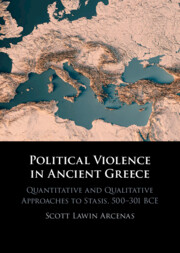

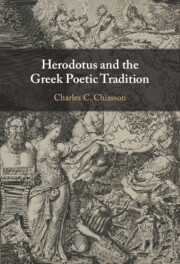
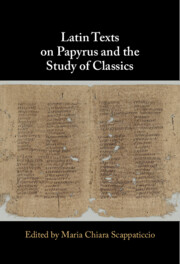

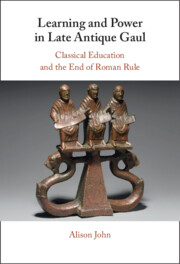

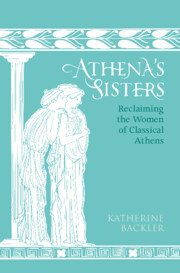






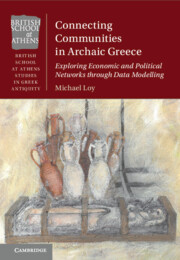
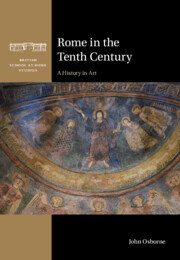
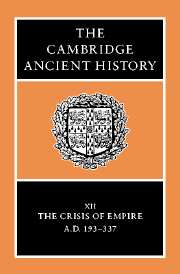
Twitter
Cambridge on Facebook